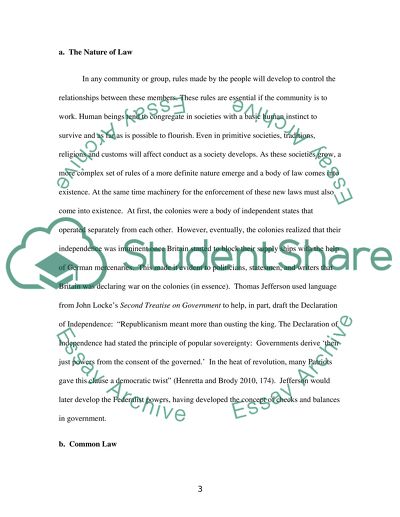Cite this document
(“The Declaration of Independence in the American Legal System Essay”, n.d.)
Retrieved from https://studentshare.org/history/1429983-declaration-of-independence-how-and-why-it-was
Retrieved from https://studentshare.org/history/1429983-declaration-of-independence-how-and-why-it-was
(The Declaration of Independence in the American Legal System Essay)
https://studentshare.org/history/1429983-declaration-of-independence-how-and-why-it-was.
https://studentshare.org/history/1429983-declaration-of-independence-how-and-why-it-was.
“The Declaration of Independence in the American Legal System Essay”, n.d. https://studentshare.org/history/1429983-declaration-of-independence-how-and-why-it-was.


